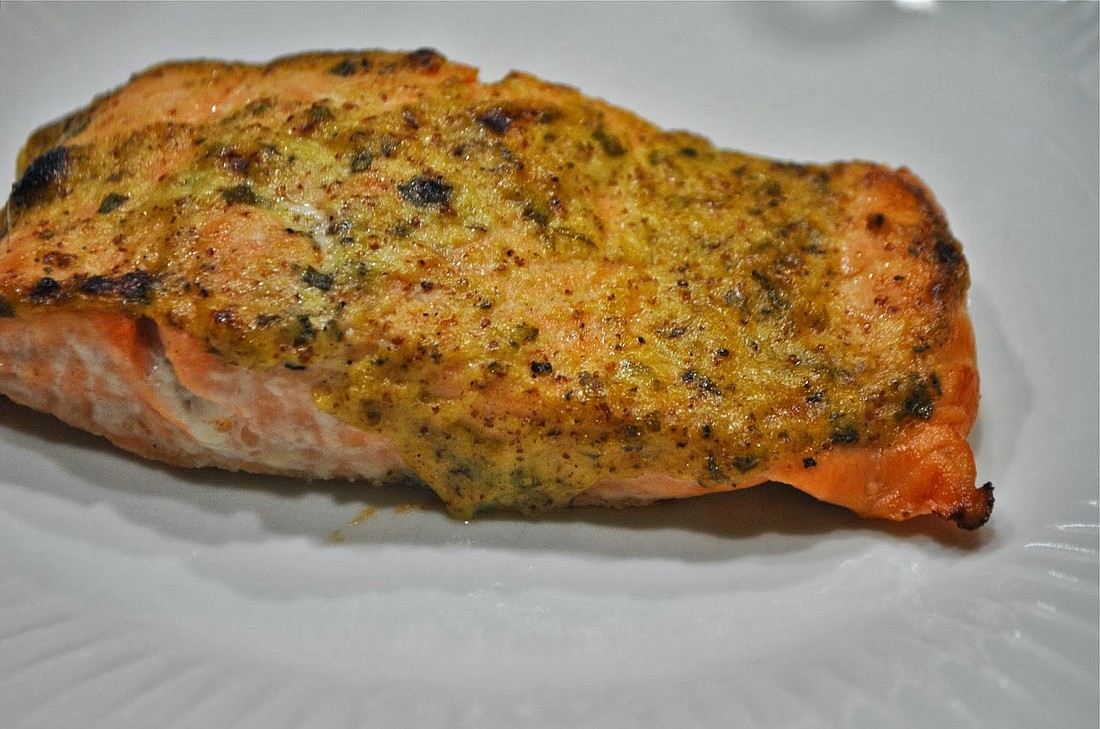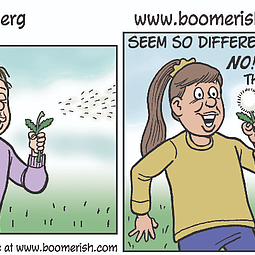Vitamin D and Calcium -- Good or Bad?
February 5, 2015 at 2:32 p.m. | Updated February 5, 2015 at 2:32 p.m.
Are vitamin D and calcium really super supplements we should take?
Not necessarily.
The U.S. Preventive Services Task Force recently announced its finding that normal doses of vitamin D and calcium did not reduce the risk of broken bones in elderly women. (A normal dose is 400 international units of vitamin D and 1,000 milligrams of calcium.) Even in larger doses, the supplements didn’t help. Another study showed women taking high doses of vitamin D and calcium were more likely to get fractures than those not.
As a dietitian, I like to think that if you’re getting enough vitamin D and calcium from your food, you don’t need a supplement. But that means eating three servings of fortified milk or yogurt a day. Not many people eat that much dairy every day.
Then there’s the sun. Vitamin D is synthesized in your skin, from cholesterol, when you’re out in the sun – a minimum of 20 percent of your skin exposed for at least 20 minutes. So if you get enough time in the sun, you don’t have to worry about vitamin D in your diet. The problem is that the sun doesn’t shine much here, and we bundle ourselves up in clothes when we go out. Sunscreen also decreases vitamin D production.
We have a history of low vitamin D levels in the Puget Sound region. Before the addition of vitamin D to milk, the Pacific Northwest was known as a “rickets area.” Rickets is a disease that causes bent and bowed legs in children who don’t get enough vitamin D. If you look closely at photos of white children at the turn of the century in Seattle, they often have rickets. The Native American people who lived in our notoriously cloudy area didn’t have rickets until they adopted the white settlers’ diet. Native diets were rich in vitamin D - not from fortified milk, but from fatty fish like salmon and local mushrooms like chanterelles.
So, while I may not be able to endorse taking supplements, I can endorse eating foods high in the sunshine vitamin. Here are a few.
Foods naturally high in vitamin D
Wild salmon
Pacific rockfish
Eel
Catfish
Cod liver oil
Tuna canned in oil
Sardines
Mackerel
Herring or pickled herring
Sole or flounder
Eggs
Beef liver
Ricotta cheese
Portobello mushrooms
Shiitake mushrooms, if dried in the sun
Chanterelle mushrooms
Try this great salmon recipe this summer, and serve it with some sautéed shiitake or Portobello mushrooms for a burst of sunshine in our gray summer. To help keep your kidneys and heart healthy, be sure to use Grey Poupon honey mustard, which has only 5 mg of sodium per teaspoon, instead of the 50-150 mg per teaspoon found in Dijon mustard.
Sunshine Baked Salmon
2 salmon steaks or salmon fillets (preferably wild-caught salmon)
1/4 cup mayonnaise
1/4 cup Grey Poupon honey mustard
2-3 tablespoons chopped fresh tarragon
Heat the oven or barbecue to 400 degrees. Mix mayonnaise, mustard and tarragon. Cover a baking sheet with foil. Place fish on sheet, spread mayonnaise mixture on top. Bake about 10-20 minutes, until fish is flaky.
Nutritional information:
Calories: 430, Carbohydrates: 4 g, Protein: 30 g, Sodium: 256 mg
The information in this column is meant for people who want to keep their kidneys healthy and blood pressure down by following a low-sodium diet. In most cases, except for dialysis patients, a diet high in potassium is thought to help lower high blood pressure. These recipes are not intended for people on dialysis without the supervision of a registered dietitian.
[Katy G. Wilkens is a registered dietitian and department head at Northwest Kidney Centers. The 2014 recipient of National Kidney Foundation Council on Renal Nutrition’s Susan Knapp Excellence in Education Award, she has a Master of Science degree in nutritional sciences from the University of Washington. See more of her recipes at www.nwkidney.org.]





